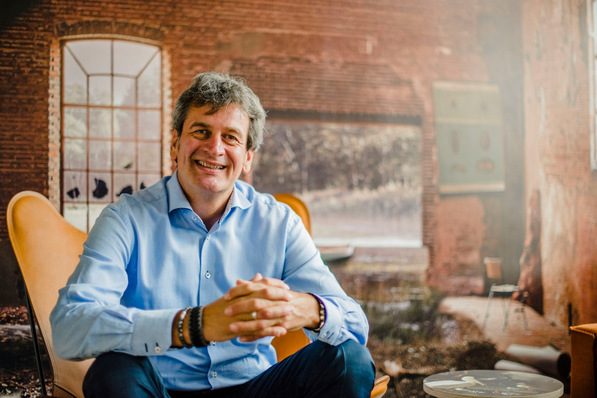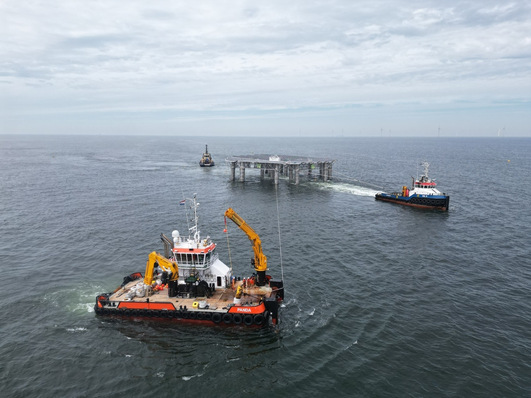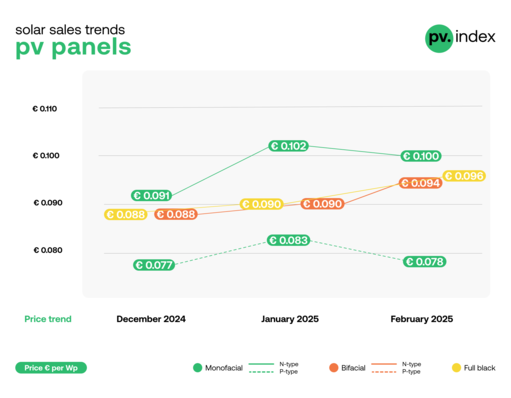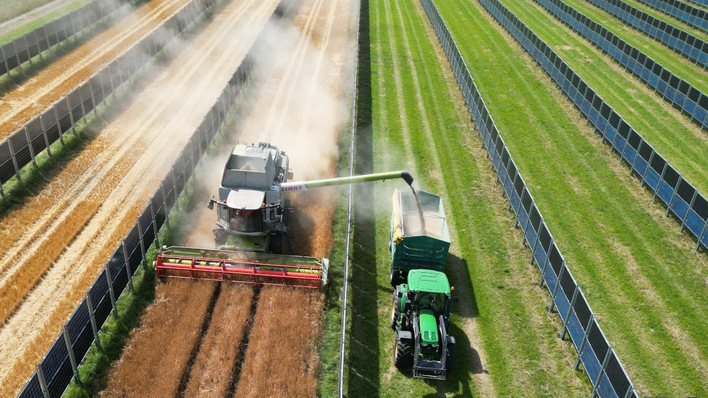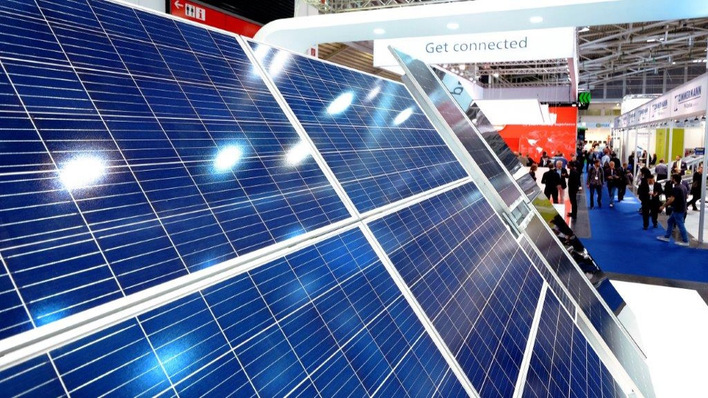Intersolar and ees exhibitors submitted 133 projects from 21 countries for the Intersolar and ees Awards. Submissions were invited for products, services, concepts and solutions which have already been tested and are being presented for the first time, or which expand the use of existing technologies in an innovative way. For each project, the panel examined the degree of technological innovation, the benefit for industry, the environment and society as well as economic viability. pv Europe and photovoltaic participated in the jury.
Winners in the photovoltaics category
Ciel & Terre International - floating PV systems for industry and commerce: With its modular and scalable Hydrelio technology, the French company Ciel & Terre International has developed a solution for mounting solar modules onto floating platforms. The water automatically cools the solar modules, which increases the energy yield. The floating installation does not have an adverse effect on water quality – quite to the contrary: It shields the water from too much solar radiation, thereby reducing the formation of algae. The main components of Hydrelio are fully recyclable. The panel of judges writes: “This technology makes an important contribution to the global energy transition for this niche market.”
Hanwha Q CELLS - high-efficiency module: Hanwha Q CELLS (South Korea/Germany) is presenting an innovation worthy of an award: the Q.PEAK RSF L-G4.2 360-375 module. On top of its high efficiency level, this product is sustainable and easy to integrate. Rather than aluminum, the frame is made of folded steel, which improves the module’s CO2 footprint by around 15 percent. Furthermore, a newly developed mounting concept not only speeds up installation and keeps labor costs to a minimum, it also saves up to 80 percent in material costs. The panel praised the combination of innovative design and product sustainability.
SMA Solar Technology - unique inverter design: With the SMA Sunny Tripower CORE1, German solar energy equipment supplier SMA Solar Technology developed a free-standing string inverter adapted for use on commercial rooftops and on the ground. The optimized installation and easy configuration allow this inverter to be quickly connected to the grid. The new, active cooling system is the basis for a unique design with easy access to all components and connections for direct and alternating current. Integration into the power system is easy thanks to effective control functions. The certified SMA Sunny Tripower CORE1 can help save 20 percent of costs compared to other SMA products in the market. The panel was impressed with the efficiency of the technical design and the product’s improved handling.
Winners in the category of outstanding solar projects
University of Hohenheim and Phaesun - stable dairy cooling chain thanks to solar energy: The joint project between the University of Hohenheim and Phaesun as technology partner was initiated by the Deutsche Gesellschaft für Internationale Zusammenarbeit (German Society for International Cooperation (GIZ)). Phaesun specializes in the sale, installation and operation of off-grid photovoltaics and wind energy systems. The award-winning system uses solar energy for cooling milk in Kenya and Tunisia. The concept maintains the cold chain for storage and transport of milk, which is particularly critical in off-grid regions. The system is based on conventional direct current refrigerators equipped with a smart component: The cooling power demand is adapted to the solar energy generated each hour and batteries are replaced by thermal energy storage in the form of ice. The project’s potential positive effects on society and the economy, as well as the favorable business case won over the panel of judges.
RAM Pharma - Solar steam generation for industrial applications: RAM Pharma, a Jordanian pharmaceutical company, has implemented its first project for direct solar process steam generation for industrial process heat in the Middle East and North Africa. The project combines 18 LF-11 Fresnel collector modules which generate steam at a temperature of 160 °C and are operated alongside a boiler. The system, which was developed by Industrial Solar, can supply up to 340 megawatt hours per year, thus reducing the consumption of diesel by more than 35,000 liters. The panel was impressed with the potential for application: “The project proves how important solar-generated steam will be for industry in the future.”
Next Kraftwerke - a virtual power plant for improved grid stability: Next Kraftwerke from Germany operates one of Europe’s largest virtual power plants, which encompasses 4,200 medium and small units. The total output of the Next Pool virtual power plant is almost 3,000 megawatts. Next Pool uses digital networking to close the gaps resulting from fluctuating infeed of energy. Real-time data show the output and status of each component at any given time. Even more detailed forecasts are possible thanks to real-time information and data provided via interfaces with over 15 inverter manufacturers. The panel feels that the business model is important for the development of regulatory framework conditions. The judges also praised the contribution made to the future development of global power supply.
SUNfarming. food and energy under one roof: SUNFarming, a Germany company, acts as investment controller and project developer of the Food & Energy Training Project. 15 agro-solar greenhouses have been set up on the campus of North West University in South Africa with the aim of producing food and energy in an efficient and resource-conserving manner in one place. Students and citizens can use the project to acquire knowledge and skills. The project also shows how photovoltaics package can be integrated into the agro-solar substructures of large food and energy installations. The panel of judges was impressed with the global development potential and the great societal benefit, including job creation.
Goldbeck Solar - perfect combination of waste management and climate protection: Goldbeck Solar designs, builds and manages free-standing and rooftop PV installations across Europe. The company installed a photovoltaic installation to cover the Hellsiek landfill in Detmold in order to prevent clean rainwater from seeping into the landfill and being contaminated. The installation also generates solar energy. The dual-use concept for waste disposal and energy generation makes this hybrid solution both resource-conserving and cheaper than conventional installations. The scalable system reduces the annual CO2 emissions by more than 7,000 metric tons. The panel of judges was impressed with the high level of innovation in combination with the use of low-cost standard PV components in an innovative and important area of application. (HCN)
Join our free pv Guided Tours today and tomorrow at Intersolar to discover more innovations, register now
Read more about solar modules
Stay informed, get our weekly newsletter. Register here
Related news:


